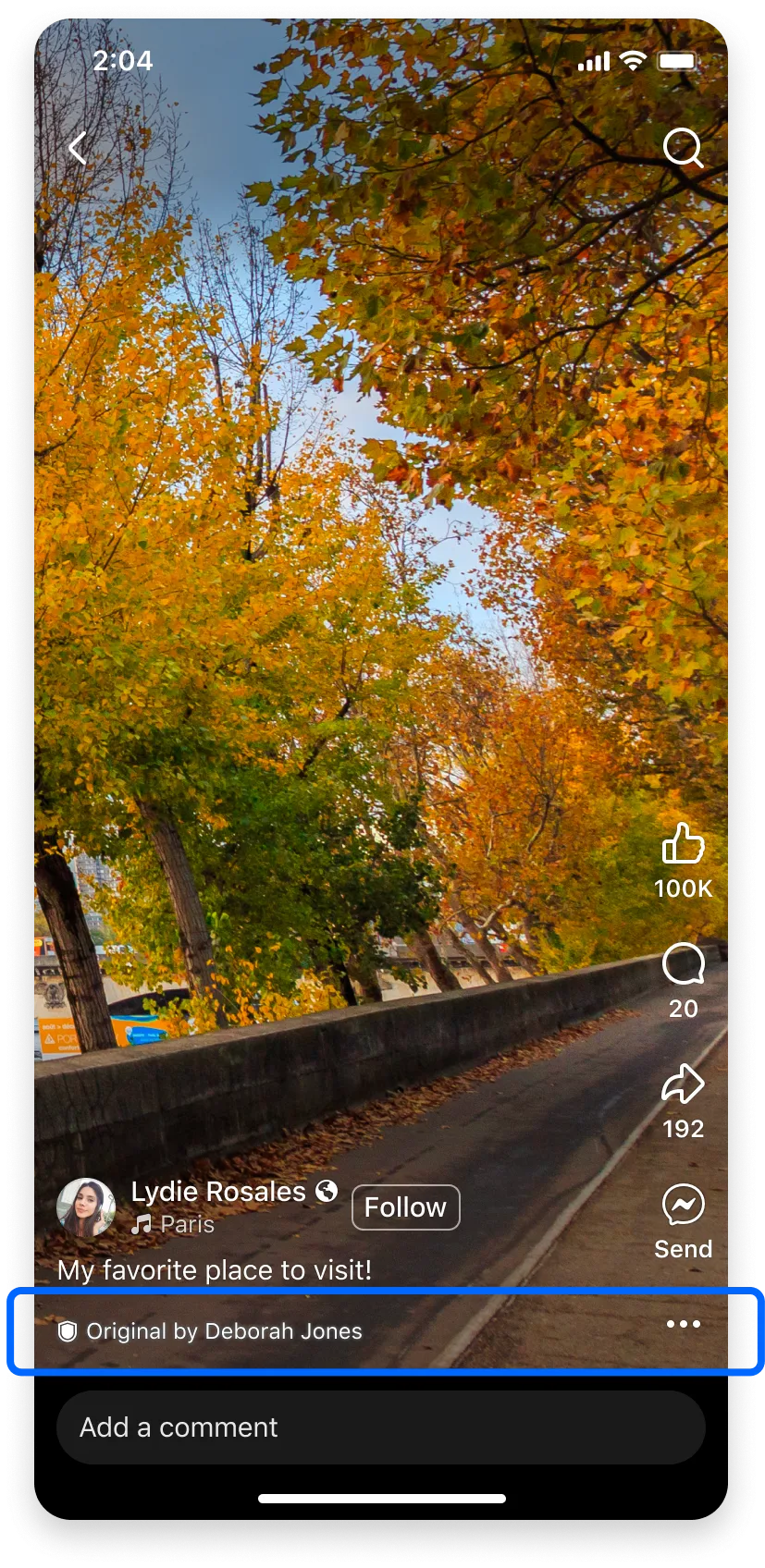Facebook rolls out new measures to limit unoriginal content
Creators who reuse other people’s content without edits or credit will face reduced reach and monetization loss

Facebook is turning its attention to the type of content people are sharing. The company announced that it is tightening the rules around unoriginal content. “We’re introducing stronger measures to reduce unoriginal content on Facebook and ultimately protect and elevate creators sharing original content,” the platform wrote.
Facebook will now penalize accounts that repeatedly reuse others’ videos, photos, or text without permission or meaningful edits. The goal is to promote originality and give real creators the visibility they deserve.
This update targets those who repost others' work without any meaningful contribution. But it does not impact accounts that remix content creatively, such as adding voiceovers, commentary, or edits that put a new spin on a trend.
Facebook says it will roll out the measures gradually over the coming months.
What counts as unoriginal content?
Facebook defines unoriginal content as repeated reposts of another creator’s work — whether video, photo, or text — without any real changes or credit. An example could be Reels downloaded from another account and re-uploaded without editing or watermark removal.
Penalties will include loss of reach and monetization
Facebook noted that content flagged as unoriginal will lose access to Facebook’s monetization tools for a period of time. Users’ posts will also be shown to fewer people, and whatever they share will be affected. This could impact visibility, engagement, and ultimately, business outcomes.
The platform says it will also limit the distribution of duplicate videos identified across its platform, making sure the original creator gets the spotlight. To support this, the platform is testing new features like clickable links that point viewers to the original version of reposted content.

While it is still early days, this tool could serve as a way for brands and marketers to see who is leading a trend, instead of getting lost in the noise of copycats.
Facebook has also issued new recommendations. It warns users to avoid posting content with third-party watermarks. That includes AI-generated content, unless it adds value or context. The company also recommends that users write clear captions and ensure hashtags match the content. Users should avoid hashtag spamming or using irrelevant descriptions to boost visibility.
Similar efforts from YouTube and TikTok
This broader enforcement push overlaps with what many in the industry are calling “AI slop,” a growing category of low-effort, AI-generated or reposted content that lacks originality.
YouTube has also been cracking down on what it calls “mass-produced and unoriginal” content. This includes AI-generated replicas or video spam that feels more automated than real. In April, the company announced its support for the "No Fakes Act" to fight unauthorized AI deepfakes.
TikTok is seeing a similar trend, especially with deepfake videos and accounts mimicking top creators. All these platforms are moving in the same direction: less copy-paste, more original work.
Meta says it’s already taking action
Meta claims it has already taken action. The company says it removed over 10 million fake or impersonator accounts this year and penalized 500,000 accounts involved in spammy behavior or fake engagement.

